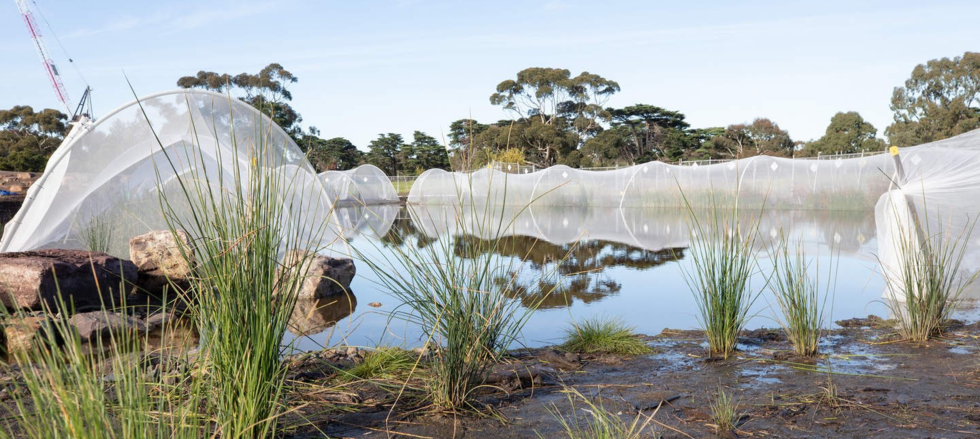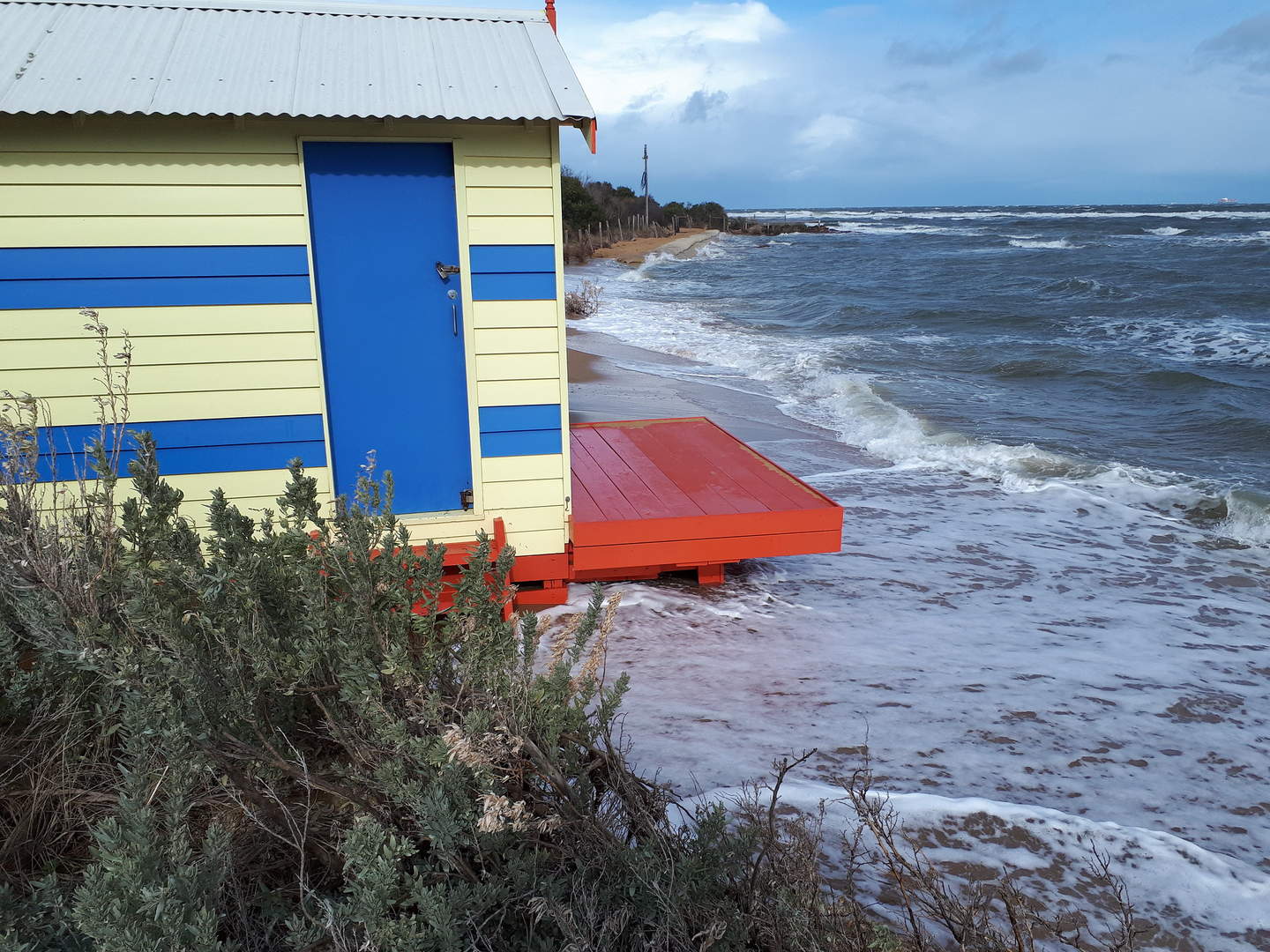
Integrated Water Management
Developing Water for Bayside
What is Integrated Water Management?
Integrated Water Management (IWM) is a holistic and collaborative approach to water planning and management bringing together all aspects of the water cycle. It provides greater value to communities by identifying and leveraging opportunities to optimise water-related outcomes including management of waterways, wastewater, surface and groundwater, rainwater collection, stormwater drainage and the supply of drinking water.
Council's direction for water management
Council developed its Integrated Water Management Plan 2019-2039 ‘Water for Bayside’, to provide clear direction for managing water as a precious resource. At the time it was considered appropriate to develop a 20-year plan, however Council has since recognised the developments in both climate change and the water sector and acknowledges the impact this will have on strategic decisions in future planning and service delivery. In response, Council has reviewed and adjusted the Water for Bayside timeline to a three year Plan.
The development of this reviewed Plan allows Council to focus on improving drainage and reducing local flooding, as well as better managing our green spaces, improving habitat for biodiversity, decreasing pollution, protecting the ecological function of water and reinforcing the key message of water being a precious resource.
Water for Bayside Integrated Water Management Plan 2024-2027 provides the strategic framework for the delivery of water related activities with consideration of climate change, cultural heritage, water management processes, and community demand. It also presents Council with opportunities to develop and support water management education and advocacy while linking traditional knowledge and mainstream water management into urban water design solutions.
A Water for Bayside Implementation Progress Report will be presented to Council annually outlining progress against the goals, objectives and actions.
Water for Bayside Goals and Objectives
Water for Bayside consists of five goals which reflect the aspirations of the community, address climate change impacts and contribute to Council’s vision for integrated water management. Addressing these goals, along with greater capacity to consider water within the design of Council projects, will enable Bayside to more fully realise Integrated Water Management (IWM) opportunities. IWM can help to re-frame services delivered by Council, with significant benefits in further improving Bayside’s liveability.
To achieve our IWM goals, objectives have been developed, each with a suite of actions. These objectives will assist in prioritising and resourcing our integrated water management journey ensuring it is embedded as business as usual within the organisation. The objectives, and the actions, will ensure we respond to contemporary challenges such as the climate emergency, population growth, urbanisation, budget pressures, social equity as well as focus efforts to engage and collaborate with the community and relevant stakeholders on water management.
Goal 1
Water will be managed to enhance Bayside’s liveability, improve habitat and address the climate emergency.
Council will manage water to minimise the impact of flooding and deliver IWM initiatives to the climate emergency, recognising the value water plays in habitat and biodiversity.
Goal 2
Improve the health of Port Phillip Bay and waterways
Planning mechanisms are in place to manage stormwater run-off from new and redevelopments. Enhanced infrastructure improves the quality of stormwater entering our waterways and the Bay
Goal 3
Preserve potable water supplies and increase the use of recycled and stormwater.
Council will reduce potable water use and substitute potable water with alternative sources, including stormwater harvesting for passive tree irrigation and recycled water for open space irrigation.
Goal 4
Improve the community’s connection with and understanding of the water cycle
Council will continue to engage the community to increase their awareness of the water cycle.
Goal 5
Increase collaboration and partnerships across industry, government, Traditional Owners and the community
Develop partnerships with neighbouring councils and other key stakeholders, and advocate to state government agencies to strengthen opportunities for progressive planning and mitigation policies and funding for climate adaptation measures to address key IWM issues.

